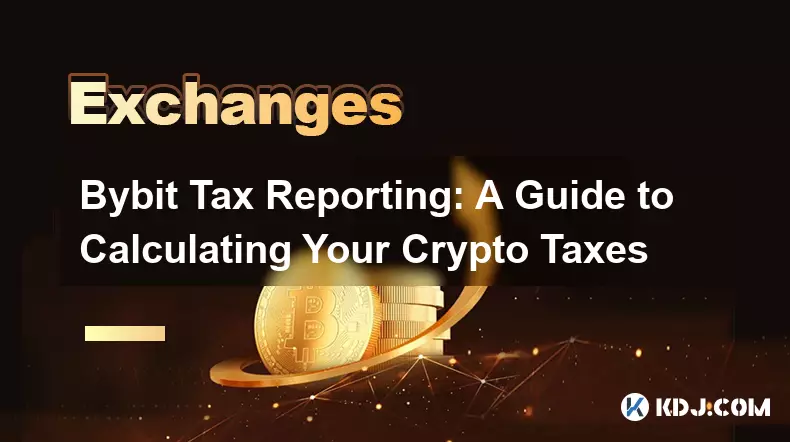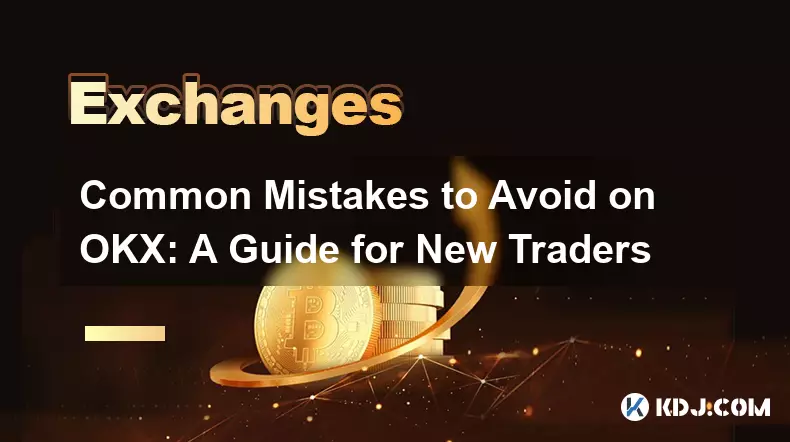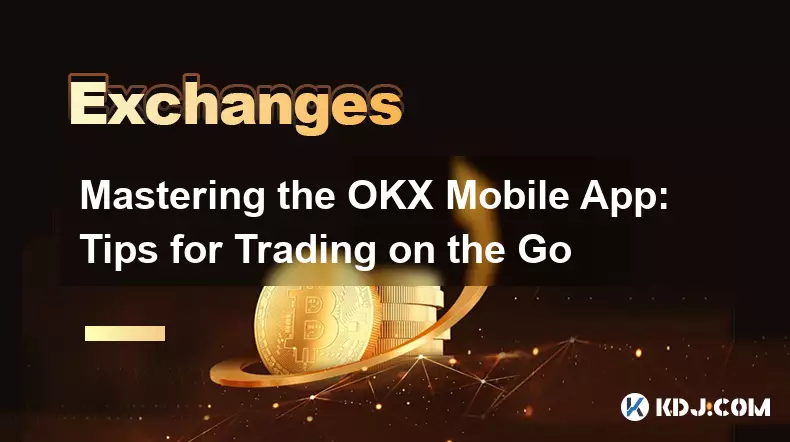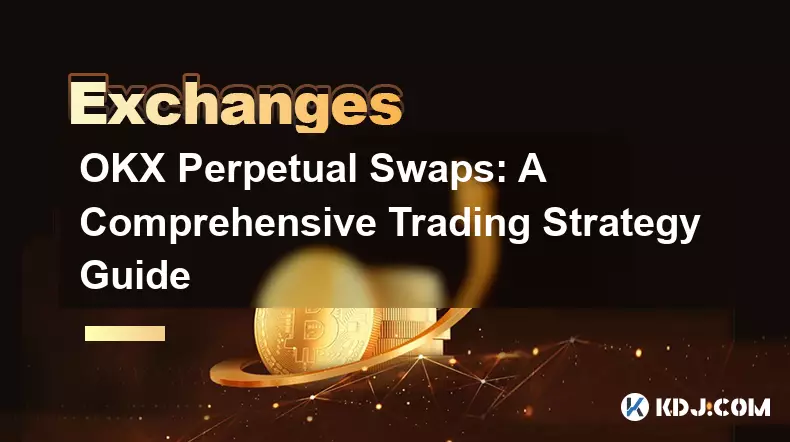-
 bitcoin
bitcoin $107015.826941 USD
-2.18% -
 ethereum
ethereum $3637.352324 USD
-5.18% -
 tether
tether $0.999831 USD
-0.02% -
 xrp
xrp $2.338078 USD
-6.23% -
 bnb
bnb $998.272150 USD
-6.97% -
 solana
solana $167.598257 USD
-10.12% -
 usd-coin
usd-coin $0.999863 USD
0.01% -
 tron
tron $0.282573 USD
-5.09% -
 dogecoin
dogecoin $0.169891 USD
-7.39% -
 cardano
cardano $0.557554 USD
-7.03% -
 hyperliquid
hyperliquid $39.914802 USD
-5.85% -
 chainlink
chainlink $15.414549 USD
-9.97% -
 bitcoin-cash
bitcoin-cash $510.361911 USD
-4.26% -
 ethena-usde
ethena-usde $0.999194 USD
-0.03% -
 stellar
stellar $0.282092 USD
-6.07%
Bybit Tax Reporting: A Guide to Calculating Your Crypto Taxes
Bybit traders must report crypto transactions, including trades, staking, and bonuses, as taxable events; accurate record-keeping and proper accounting methods are essential for compliance.
Nov 04, 2025 at 10:01 am

Tax Obligations for Bybit Traders
1. Cryptocurrency transactions conducted on platforms like Bybit are subject to taxation in most jurisdictions. Trading, staking, or converting digital assets may trigger taxable events that require accurate reporting. Users must understand that profits from selling crypto or exchanging one token for another are typically treated as capital gains.
2. The tax treatment varies depending on the country of residence. Some governments classify crypto as property, while others treat it as a foreign currency. This classification influences how gains and losses are calculated and reported. For example, short-term trades held under a year might be taxed at higher rates than long-term holdings.
3. Failure to report crypto income can lead to penalties, audits, or legal consequences. Tax authorities across regions such as the United States, the European Union, and Australia have increased monitoring of digital asset activity. Exchanges like Bybit may share user data with regulatory bodies when required by law.
4. Airdrops, referral bonuses, and rewards earned through Bybit campaigns are also considered taxable income. These must be valued in fiat currency at the time of receipt and declared accordingly. Ignoring such income increases the risk of non-compliance.
How to Extract Data from Bybit for Tax Purposes
1. Bybit provides users with access to transaction history, trade records, and wallet statements. To generate a comprehensive tax report, traders should download their complete trading history, including spot trades, futures settlements, deposits, withdrawals, and internal transfers.
2. Navigate to the “Reports” or “Transaction History” section within your Bybit account dashboard. Export data in CSV format to ensure compatibility with tax software tools. Make sure the date range covers the entire tax year being reported.
3. Key columns to verify include timestamp, transaction type, asset involved, quantity, price in USD (or local fiat), fees, and counterparty. Missing price data will require manual lookup or integration with third-party APIs to assign fair market values.
4. Consolidate all exported files into a single dataset if multiple accounts or sub-accounts are used. This ensures no transaction is omitted during tax calculation. Include off-exchange movements such as wallet-to-wallet transfers if they represent disposals.
Calculating Gains, Losses, and Income
1. Each disposal of cryptocurrency—whether sold for fiat, exchanged for another token, or spent on goods—must be evaluated for capital gain or loss. The difference between the acquisition cost (including fees) and the fair market value at disposal determines the taxable amount.
2. Use consistent accounting methods such as FIFO (First In, First Out) or LIFO (Last In, First Out), depending on local regulations. Some countries mandate specific methodologies, so adherence is critical to avoid disputes with tax agencies.
3. Staking rewards and trading incentives received on Bybit must be recorded as ordinary income at their USD equivalent upon receipt. Subsequent sales of these tokens create separate capital events based on their holding period and sale price.
4. Deduct allowable expenses such as network fees, exchange subscription costs, or software tools used for trading analysis. These reduce overall taxable income but require proper documentation for verification.
5. Automated tax platforms can import Bybit CSV files and compute liabilities using real-time historical pricing data, minimizing human error. Platforms like Koinly, CoinTracker, and CryptoTaxCalculator support direct integration or manual upload features tailored for derivatives-heavy exchanges.
Common Questions About Bybit Tax Reporting
Q: Are futures and perpetual contracts on Bybit taxable?Yes. Profits from closing futures positions are generally treated as capital gains or business income, depending on trading frequency and intent. Each realized PnL settlement constitutes a taxable event.
Q: Do I need to report trades where I didn’t make a profit?Absolutely. Even losing trades must be reported. They can be used to offset other capital gains and potentially reduce your overall tax liability, provided they meet jurisdictional rules on loss claiming.
Q: Can Bybit provide official tax documents?Bybit does not issue formal tax statements like traditional brokers. Users are responsible for compiling their own records using available export tools and supplementary data sources.
Q: What if I only traded stablecoins on Bybit?Swapping one stablecoin for another may still count as a disposal event in certain countries. While price differences might be minimal, the act of exchanging triggers a potential tax obligation, especially if fees were paid in a third asset.
Disclaimer:info@kdj.com
The information provided is not trading advice. kdj.com does not assume any responsibility for any investments made based on the information provided in this article. Cryptocurrencies are highly volatile and it is highly recommended that you invest with caution after thorough research!
If you believe that the content used on this website infringes your copyright, please contact us immediately (info@kdj.com) and we will delete it promptly.
- Bittensor's Wild Ride: TAO Token's Volatile Moves Explained
- 2025-11-05 05:20:02
- Decoding Crypto's Wild Ride: Insights on Bitcoin, XRP, and the Future of Digital Assets
- 2025-11-05 05:30:01
- ASTER Crash, Binance & Market Chaos: Decoding Crypto's Wild Ride
- 2025-11-05 05:30:02
- BNB Price Plunge: Crypto Sell-Off Deepens, What's Next?
- 2025-11-05 05:50:13
- Unlocking Crypto's Future: NIP Group's Bitcoin Bet, Altcoin Liquidity Boost, and the Rise of Little Pepe
- 2025-11-05 05:50:13
- Backend-for-Frontend, Token Theft, and Security: Navigating the Treacherous Waters of Modern Web Apps
- 2025-11-05 05:10:01
Related knowledge

Common Mistakes to Avoid on OKX: A Guide for New Traders
Nov 04,2025 at 03:37pm
Understanding the Interface Before Trading1. New traders often jump into placing orders without fully exploring the OKX platform layout. Taking time t...

OKX TradingView Integration: A Guide to Advanced Chart Analysis
Nov 02,2025 at 03:37am
OKX and TradingView: Bridging the Gap for Professional Traders1. OKX, one of the leading cryptocurrency exchanges, has integrated with TradingView to ...

Mastering the OKX Mobile App: Tips for Trading on the Go
Nov 05,2025 at 01:19am
Streamlined Navigation for Efficient Trading1. The OKX mobile app features a clean and intuitive interface that allows traders to access key functions...

How to Transfer Crypto to Your OKX Wallet: A Secure Tutorial
Nov 04,2025 at 11:39pm
Understanding the Basics of Crypto Transfers to OKX1. Before initiating any transfer, it’s essential to understand that OKX supports a wide range of c...

OKX Perpetual Swaps: A Comprehensive Trading Strategy Guide
Nov 04,2025 at 07:05pm
Understanding OKX Perpetual Swaps Mechanics1. Perpetual swaps on OKX are derivative contracts that allow traders to speculate on cryptocurrency price ...

OKX Trading API: A Developer's Guide to Secure Integration
Nov 02,2025 at 01:01am
Understanding the OKX Trading API Infrastructure1. The OKX Trading API is built on REST and WebSocket protocols, enabling developers to access real-ti...

Common Mistakes to Avoid on OKX: A Guide for New Traders
Nov 04,2025 at 03:37pm
Understanding the Interface Before Trading1. New traders often jump into placing orders without fully exploring the OKX platform layout. Taking time t...

OKX TradingView Integration: A Guide to Advanced Chart Analysis
Nov 02,2025 at 03:37am
OKX and TradingView: Bridging the Gap for Professional Traders1. OKX, one of the leading cryptocurrency exchanges, has integrated with TradingView to ...

Mastering the OKX Mobile App: Tips for Trading on the Go
Nov 05,2025 at 01:19am
Streamlined Navigation for Efficient Trading1. The OKX mobile app features a clean and intuitive interface that allows traders to access key functions...

How to Transfer Crypto to Your OKX Wallet: A Secure Tutorial
Nov 04,2025 at 11:39pm
Understanding the Basics of Crypto Transfers to OKX1. Before initiating any transfer, it’s essential to understand that OKX supports a wide range of c...

OKX Perpetual Swaps: A Comprehensive Trading Strategy Guide
Nov 04,2025 at 07:05pm
Understanding OKX Perpetual Swaps Mechanics1. Perpetual swaps on OKX are derivative contracts that allow traders to speculate on cryptocurrency price ...

OKX Trading API: A Developer's Guide to Secure Integration
Nov 02,2025 at 01:01am
Understanding the OKX Trading API Infrastructure1. The OKX Trading API is built on REST and WebSocket protocols, enabling developers to access real-ti...
See all articles










































































